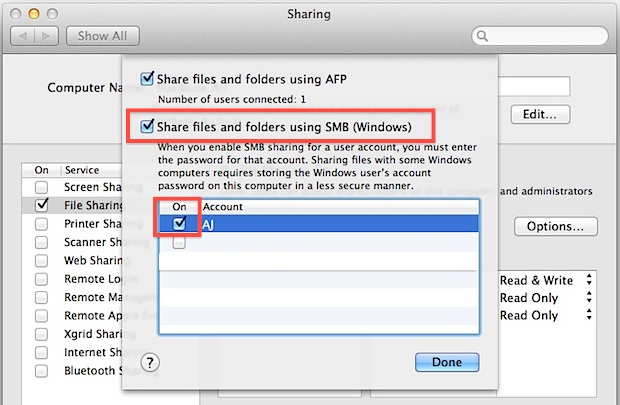
The initial success of the service shows that most people will use such an alternative if it is SIMPLE and PAINLESS. Given the rather limited restrictions even placed on purchased music (the ability to burn the songs and then rip them as unprotected) means that Apple's agreement with the RIAA was simply to provide a SIMPLE legal ALTERNATIVE to the P2P networks that would encourage people to purchase music rather than obtain it illegally. They are just required to make sure that what they do provide is legal. Apple isn't required to provide a solution that completely elimnates all forms of illegal music trading.
#Mac file sharing p2p download
It would be easier and probably faster to log onto Kazaa and download your stuff. Most people will find this a hassle to do. It is illegal to use a third party app to record the streamed music. This is not illegal for Apple to provide or for users to take advantage of. I've done enough other questionable things. I sure hope this Anonymous Coward thing works.

They are also likely to ask "index" sites like spymac to shut down, and send a cease-and-desist, or a lawsuit. Given the RIAA's stance towards piracy, and that they want to work with apple, I suspect they would sue whomever wrote the 4 line perl script, rather than Apple.
#Mac file sharing p2p software
Keep in mind that a student was recently sued for creating a software device that searched Network shares for mp3 files.

I won't post mine, for reasons below.)Īpple may have inadvertantly created a file-sharing utility rivaling Napster/Kazaa. Just start it playing, and iTunes will finish for you.

You wouldn't even need to listen to the entire song. (Side note- It would be trivial to write a perl script that parsed the ngrep output, and fed it into wget automatically, to download any songs you double-click.
#Mac file sharing p2p install
I don't have two macs with iTunes 4 installed (yet!, but I intend to install iTunes on the others soon), so I can't test this theory. This would be possible by doing a binary diff on the two files. It would be an interesting test to see if iTunes is adding information to the file before streaming it. If, after determining the URL via ngrep, and taking the IP, you retrieve it using curl (or wget), you add it to iTunes, it retains the id3 information. It seems that iTunes only tracks down to the minute, so the order within that minute is arbitrary, as far as I can tell. The other thing that can screw the order up is songs that were batch-imported in the same minute. This is because if a song is deleted from the user's libraby, it appears to keep it's number reserved. One thing to note is that in some cases, this order might be screwed up slightly. The ID of the music is continuing (XXX.mp3) is continuing, nearly sequencially. If you add the Date added field to itunes, and then stream the files, you can see they continue almost sequencially. Metadata:1.User-Agent: iTunes/4.0 (Macintosh N PPC).connection: close.

GET /databases/35/items/289.mp3?session-id=11720 HTTP/1.1.Host: metadata:1.User-Agent: iTunes/4.0 (Macintosh N PPC).connection: close. So the feature is still limited, and while I'm not going to guarantee the record labels will demand a stop be put to it - they've done some bloody stupid things in the past - I suspect it'll end up being a net gain as it'll let people properly try music out before they buy, but in a way that nobody in their right mind would prefer to use instead of buying.ġ92.168.1.101:49186 -> 192.168.1.102:3689 Very few of the people on SpyMac's list are going to be able to stream more than one or two MP3s/AACs at a time - most of these people have DSL or cable modems. This isn't about grabbing an MP3, saving it on your hard disk, and then redistributing it even further. That means that when you "share" your playlist in this way, the receiver can only listen to the music you provide, while you're online. What's being made use of here is a streaming technology built into iTunes. While I'm not entirely sure this counts as "fair use" (the mass-redistribution of music to anonymous strangers is certainly not fair use as far as I can see), I doubt anyone involved in the production of music - be they the artists or the producers who stump up the cash to get it recorded - are going to lose any sleep over this.


 0 kommentar(er)
0 kommentar(er)
